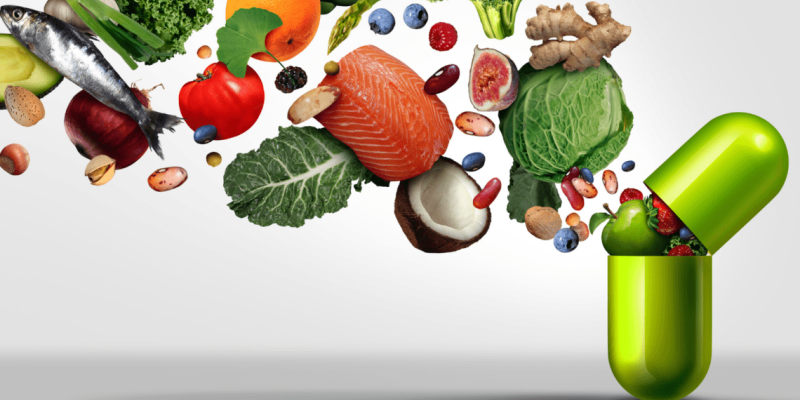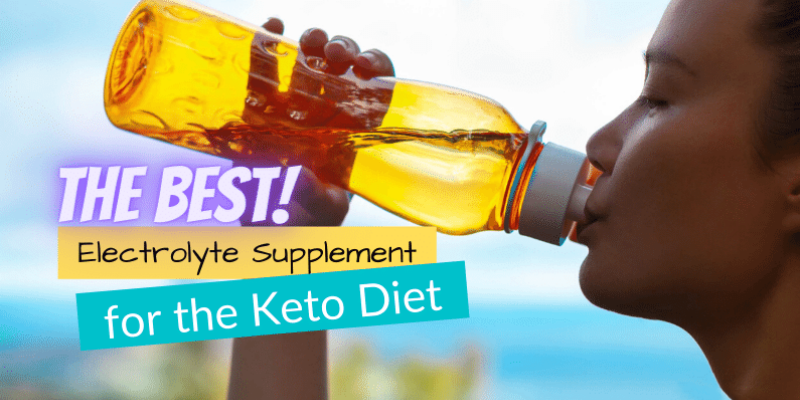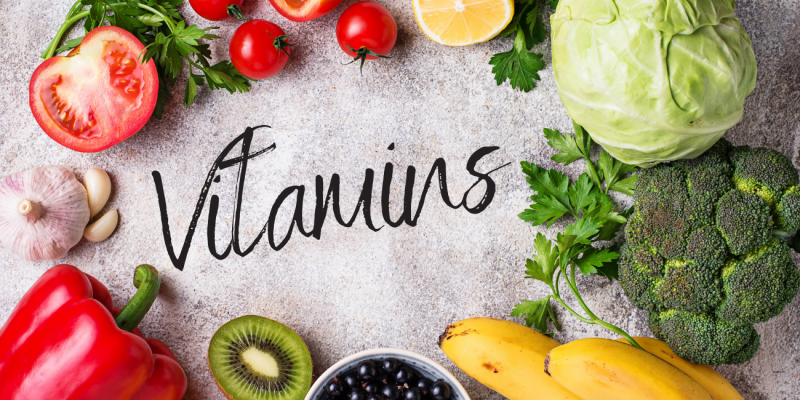During the diet, most people won’t last 2 days before overeating if they only eat boiled greens and chicken breasts, unless their willpower is quite strong. So, the advent of the keto supplement diet has been a boon to many people. Not only can you eat well and lose weight, but you can also improve your sleep and regulate your mood, so it has instantly caught people’s attention.
However, many people experience some physical conditions during low carbs ketogenic such as cramps, weakness, dizziness, and constipation.
In general, low carb is not nutrient deficient, however, the nature of a low-carb diet can lead to the loss of some minerals. So what are the first few, trace minerals that need to be replaced in a low-carb keto supplement diet?

The 3 Most Important Electrolytes: Sodium, Potassium, And Magnesium
Generally speaking, the body stores 1 gram of carbohydrates and locks up (stores) a corresponding 3-4 grams of water, which is consumed in large quantities during low-carb periods. The main principle is that high insulin levels, lead to water storage in the kidneys, while low insulin levels, lead to kidney drainage.
Keto supplement diets can easily lead to magnesium deficiency, so if you have problems with cramps or muscle tremors, remember to make sure you supplement with magnesium.

Other Important Nutrients: Calcium, Omega 3, Iodine, Iron, Zinc, Vitamin C/D
- Calcium helps with the formation of our bones and teeth, as well as blood clotting, and between nerve cells, transmitting signals and regulating blood pressure. It is also excreted by the body along with other electrolytes early in the ketogenic diet, so it is important to take care of its supplementation.
- Omega-3 supplements are added to the keto supplement diet to further optimize triglyceride levels and also to combat inflammation. Food sources of omega-3 include salmon, tuna, swordfish, and sardines. These fish are not only omega-3 but are also supplemented with other trace minerals.
- Iodine is a particularly important one of these minerals as it helps by regulating thyroid hormone levels and prevent hypothyroidism, thus boosting your metabolism and making weight loss easier. Please note that if you eat seafood regularly you do not need to take additional iodine supplements.
- Iron is essential for normal growth, it promotes the formation of hemoglobin, improves muscle capacity, increases brain function, and promotes better energy metabolism.
- Zinc has more than 200 enzymes that help with wound healing and also synthesize proteins to help with cell reproduction. If you eat enough vegetables, poultry, fish, and mushrooms during a ketogenic diet, you will generally not experience zinc deficiency.

- Vitamin C is an antioxidant that is important in both ketogenic and non-ketogenic states. You can get plenty of vitamin C through a variety of low-carb foods such as broccoli, spinach, cauliflower, kale, etc.
- Vitamin D is a fat-soluble nutrient that helps the body manage blood sugar levels, prevent diabetes and reduce the risk of liver cancer by 50%.
In general, the best source of micronutrients remains natural foods, not supplements, as long as you enjoy eating vegetables and getting enough of these nutrients. If you find yourself deficient in a certain vitamin, you can start with a dietary supplement as this nutrient is most effective for your body and is more easily absorbed when it comes from food.
However, this does not mean that supplements are unnecessary and should be considered under medical supervision when pregnant or when a health condition arises. By adhering to a scientific approach to the keto supplement diet, not only will your weight be effectively controlled, but your health will also improve.







